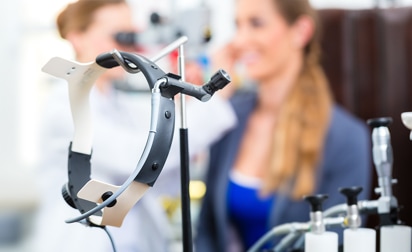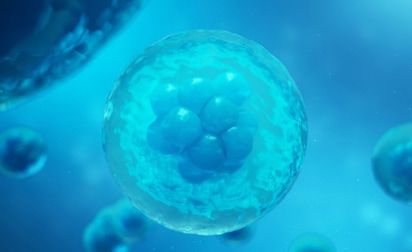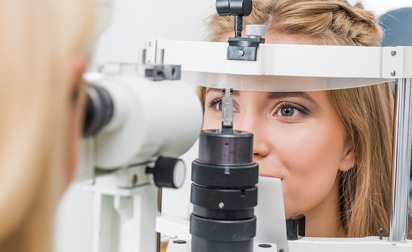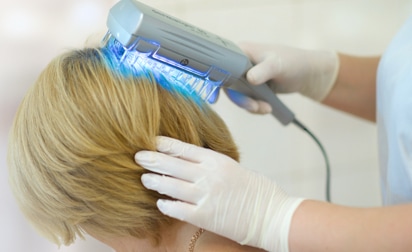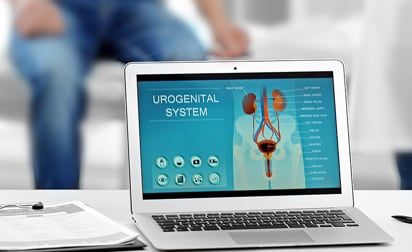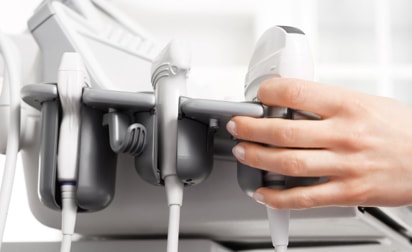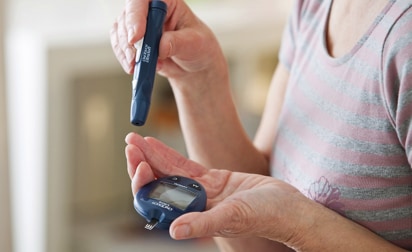VIRTUS – advanced medicine
For more than 35 years at the VIRTUS Institute, our doctors have been restoring health and beauty. And today it’s not advertising videos that talk about us, but tens of thousands of voices of happy patients on the air of “word of mouth”! The operations performed by our surgeons have stood the test of time and this is a reason for professional pride!
Today we are getting amazing results in our work. In addition to plastic surgery and cosmetology, our range of professional interests includes ENT surgery, dermato-oncology, ophthalmology, gynecology, endocrinology, urology, traumatology, phlebology, proctology, diagnostics.
We offer a combination of surgical techniques and other options of modern medicine. For example, technologies using drugs from patients’ own cells, which we develop in our SmartCell biotechnological laboratory, provide a unique aesthetic and natural result in rejuvenation and correction of the face and body.















